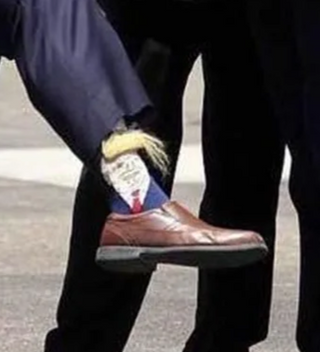The scope of the law's effects extends well beyond the boundaries of Ohio. As states all around the country struggle with issues pertaining to election security and voter accessibility, the methodology that Ohio has implemented could serve as a model for other states to follow. The fact that this rule is believed to disproportionately affect disadvantaged communities, such as the homeless and veterans of the armed forces, who may have a more difficult time acquiring the necessary forms of identification, is one of the primary reasons why it is so controversial.
Those who are opposed to the bill claim that even though the intention to ensure the integrity of elections is commendable, the implementation of the law could be problematic if it results in a sizeable section of the voters being denied the right to vote. They are concerned that legislation that are comparable to those in other states could further weaken democratic participation, particularly in populations that are excluded.
On the other hand, supporters consider the Ohio verdict to be a triumph for the integrity of elections, arguing that precise identification rules are essential to the prevention of voter fraud. They are of the opinion that this strategy ought to be implemented in other places in order to guarantee that every vote that is cast is valid.
In the political arena, where parties are profoundly split, the discourse extends to the political arena. It is possible that regions with a Democratic leaning will oppose such rigorous measures out of concern that they will decrease the voting population, whilst regions with a Republican leaning may embrace them for the sake of election security.
Experts in the field of law are keeping a careful eye on this new trend, as they anticipate a slew of legal challenges and discussions that may eventually be brought before higher courts. Within the context of this ongoing legal and ideological conflict, the decision made by Ohio has the potential to establish a precedent, which would in turn lead other states to reassess their own voter identification legislation.
In view of this significant verdict, it is necessary to take into consideration the wider ramifications for the electoral system in the United States. Do you think that more states will embrace the rigorous criteria that Ohio has set, or do you think that backlash and legal challenges will influence them to avoid such measures?
In your opinion, how should we strike a compromise between protecting the safety of elections and making sure that voters have access to them? Does the law in Ohio pose an excessive risk of disenfranchisement of voters, or does it have the potential to be the appropriate approach? In the midst of our ongoing discussion over one of the most essential aspects of our democracy, your perspectives are extremely valuable.


















